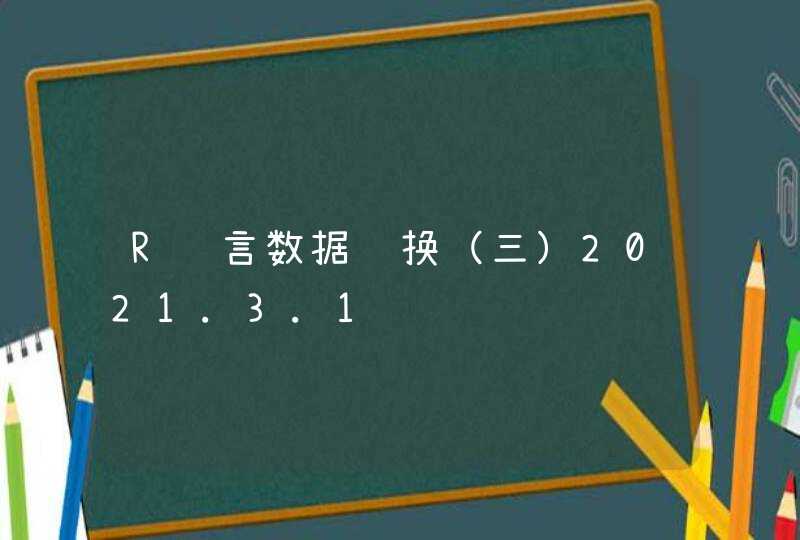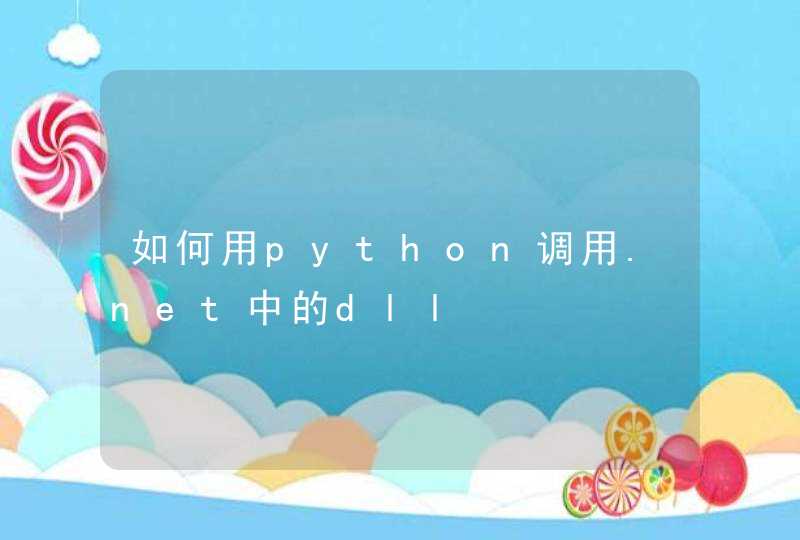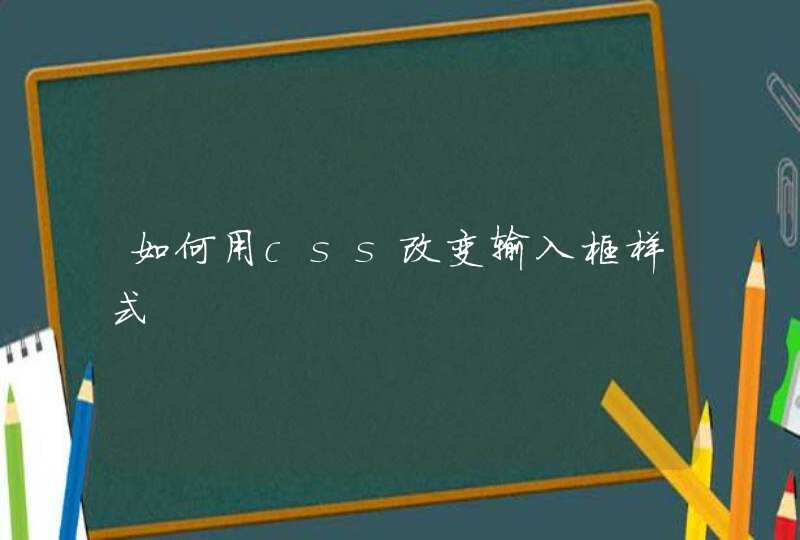
你可以使用这个CountDownLatch
public class CountDownLatchDemo {final static SimpleDateFormat sdf=new SimpleDateFormat("yyyy-MM-dd HH:mm:ss")
public static void main(String[] args) throws InterruptedException {
CountDownLatch latch=new CountDownLatch(2)//两个工人的协作
Worker worker1=new Worker("zhang san", 5000, latch)
Worker worker2=new Worker("li si", 8000, latch)
worker1.start()//
worker2.start()//
latch.await()//等待所有工人完成工作
System.out.println("all work done at "+sdf.format(new Date()))
}
static class Worker extends Thread{
String workerName
int workTime
CountDownLatch latch
public Worker(String workerName ,int workTime ,CountDownLatch latch){
this.workerName=workerName
this.workTime=workTime
this.latch=latch
}
public void run(){
System.out.println("Worker "+workerName+" do work begin at "+sdf.format(new Date()))
doWork()//工作了
System.out.println("Worker "+workerName+" do work complete at "+sdf.format(new Date()))
latch.countDown()//工人完成工作,计数器减一
}
private void doWork(){
try {
Thread.sleep(workTime)
} catch (InterruptedException e) {
e.printStackTrace()
}
}
}
}
线程池通俗的描述就是预先创建若干空闲线程 等到需要用多线程去处理事务的时候去唤醒某些空闲线程执行处理任务 这样就省去了频繁创建线程的时间 因为频 繁创建线程是要耗费大量的CPU资源的 如果一个应用程序需要频繁地处理大量并发事务 不断的创建销毁线程往往会大大地降低系统的效率 这时候线程池就派 上用场了
本文旨在使用Java语言编写一个通用的线程池 当需要使用线程池处理事务时 只需按照指定规范封装好事务处理对象 然后用已有的线程池对象去自动选择空 闲线程自动调用事务处理对象即可 并实现线程池的动态修改(修改当前线程数 最大线程数等) 下面是实现代码
//ThreadTask java
package polarman threadpool
/** *//**
*线程任务
* @author ryang
*
*/
public interface ThreadTask {
public void run()
}
//PooledThread java
package polarman threadpool
import java util Collectionimport java util Vector
/** *//**
*接受线程池管理的线程
* @author ryang
*
*/
public class PooledThread extends Thread {
protected Vector tasks = new Vector()
protected boolean running = false
protected boolean stopped = false
protected boolean paused = false
protected boolean killed = false
private ThreadPool pool
public PooledThread(ThreadPool pool) { this pool = pool
}
public void putTask(ThreadTask task) { tasks add(task)
}
public void putTasks(ThreadTask[] tasks) { for(int i= i<tasks lengthi++) this tasks add(tasks[i])
}
public void putTasks(Collection tasks) { this tasks addAll(tasks)
}
protected ThreadTask popTask() { if(tasks size() >) return (ThreadTask)tasks remove( )
else
return null
}
public boolean isRunning() {
return running
}
public void stopTasks() {
stopped = true
}
public void stopTasksSync() {
stopTasks()
while(isRunning()) { try {
sleep( )
} catch (InterruptedException e) {
}
}
}
public void pauseTasks() {
paused = true
}
public void pauseTasksSync() {
pauseTasks()
while(isRunning()) { try {
sleep( )
} catch (InterruptedException e) {
}
}
}
public void kill() { if(!running)
interrupt()
else
killed = true
}
public void killSync() {
kill()
while(isAlive()) { try {
sleep( )
} catch (InterruptedException e) {
}
}
}
public synchronized void startTasks() {
running = true
this notify()
}
public synchronized void run() { try { while(true) { if(!running || tasks size() == ) { pool notifyForIdleThread()//System out println(Thread currentThread() getId() + : 空闲 )this wait()}else {
ThreadTask task
while((task = popTask()) != null) { task run()if(stopped) {
stopped = false
if(tasks size() >) { tasks clear()System out println(Thread currentThread() getId() + : Tasks are stopped )
break
}
}
if(paused) {
paused = false
if(tasks size() >) { System out println(Thread currentThread() getId() + : Tasks are paused )
break
}
}
}
running = false
}
if(killed) {
killed = false
break
}
}
}catch(InterruptedException e) {
return
}
//System out println(Thread currentThread() getId() + : Killed )
}
}
//ThreadPool java
package polarman threadpool
import java util Collectionimport java util Iteratorimport java util Vector
/** *//**
*线程池
* @author ryang
*
*/
public class ThreadPool {
protected int maxPoolSize
protected int initPoolSize
protected Vector threads = new Vector()
protected boolean initialized = false
protected boolean hasIdleThread = false
public ThreadPool(int maxPoolSize int initPoolSize) { this maxPoolSize = maxPoolSizethis initPoolSize = initPoolSize
}
public void init() {
initialized = true
for(int i= i<initPoolSizei++) {
PooledThread thread = new PooledThread(this)
thread start()threads add(thread)
}
//System out println( 线程池初始化结束 线程数= + threads size() + 最大线程数= + maxPoolSize)
}
public void setMaxPoolSize(int maxPoolSize) { //System out println( 重设最大线程数 最大线程数= + maxPoolSize)this maxPoolSize = maxPoolSize
if(maxPoolSize <getPoolSize())
setPoolSize(maxPoolSize)
}
/** *//**
*重设当前线程数
* 若需杀掉某线程 线程不会立刻杀掉 而会等到线程中的事务处理完成* 但此方法会立刻从线程池中移除该线程 不会等待事务处理结束
* @param size
*/
public void setPoolSize(int size) { if(!initialized) {
initPoolSize = size
return
}else if(size >getPoolSize()) { for(int i=getPoolSize()i<size &&i<maxPoolSizei++) {
PooledThread thread = new PooledThread(this)
thread start()threads add(thread)
}
}else if(size <getPoolSize()) { while(getPoolSize() >size) { PooledThread th = (PooledThread)threads remove( )th kill()
}
}
//System out println( 重设线程数 线程数= + threads size())
}
public int getPoolSize() { return threads size()
}
protected void notifyForIdleThread() {
hasIdleThread = true
}
protected boolean waitForIdleThread() {
hasIdleThread = false
while(!hasIdleThread &&getPoolSize() >= maxPoolSize) { try { Thread sleep( )} catch (InterruptedException e) {
return false
}
}
return true
}
public synchronized PooledThread getIdleThread() { while(true) { for(Iterator itr=erator()itr hasNext()) { PooledThread th = (PooledThread)itr next()if(!th isRunning())
return th
}
if(getPoolSize() <maxPoolSize) {
PooledThread thread = new PooledThread(this)
thread start()threads add(thread)
return thread
}
//System out println( 线程池已满 等待 )
if(waitForIdleThread() == false)
return null
}
}
public void processTask(ThreadTask task) {
PooledThread th = getIdleThread()
if(th != null) { th putTask(task)th startTasks()
}
}
public void processTasksInSingleThread(ThreadTask[] tasks) {
PooledThread th = getIdleThread()
if(th != null) { th putTasks(tasks)th startTasks()
}
}
public void processTasksInSingleThread(Collection tasks) {
PooledThread th = getIdleThread()
if(th != null) { th putTasks(tasks)th startTasks()
}
}
}
下面是线程池的测试程序
//ThreadPoolTest java
import java io BufferedReaderimport java io IOExceptionimport java io InputStreamReader
import polarman threadpool ThreadPoolimport polarman threadpool ThreadTask
public class ThreadPoolTest {
public static void main(String[] args) { System out println( quit 退出 )System out println( task A 启动任务A 时长为 秒 )System out println( size 设置当前线程池大小为 )System out println( max 设置线程池最大线程数为 )System out println()
final ThreadPool pool = new ThreadPool( )pool init()
Thread cmdThread = new Thread() { public void run() {
BufferedReader reader = new BufferedReader(new InputStreamReader(System in))
while(true) { try { String line = reader readLine()String words[] = line split( )if(words[ ] equalsIgnoreCase( quit )) { System exit( )}else if(words[ ] equalsIgnoreCase( size ) &&words length >= ) { try { int size = Integer parseInt(words[ ])pool setPoolSize(size)}catch(Exception e) {
}
}else if(words[ ] equalsIgnoreCase( max ) &&words length >= ) { try { int max = Integer parseInt(words[ ])pool setMaxPoolSize(max)}catch(Exception e) {
}
}else if(words[ ] equalsIgnoreCase( task ) &&words length >= ) { try { int timelen = Integer parseInt(words[ ])SimpleTask task = new SimpleTask(words[ ] timelen * )pool processTask(task)}catch(Exception e) {
}
}
} catch (IOException e) { e printStackTrace()
}
}
}
}
cmdThread start()
/**//*
for(int i= i<i++){
SimpleTask task = new SimpleTask( Task + i (i+ )* )pool processTask(task)
}*/
}
}
class SimpleTask implements ThreadTask {
private String taskName
private int timeLen
public SimpleTask(String taskName int timeLen) { this taskName = taskNamethis timeLen = timeLen
}
public void run() { System out println(Thread currentThread() getId() +
: START TASK + taskName + )
try { Thread sleep(timeLen)} catch (InterruptedException e) {
}
System out println(Thread currentThread() getId() +
: END TASK + taskName + )
}
}
使用此线程池相当简单 下面两行代码初始化线程池
ThreadPool pool = new ThreadPool( )pool init()
要处理的任务实现ThreadTask 接口即可(如测试代码里的SimpleTask) 这个接口只有一个方法run()
两行代码即可调用
lishixinzhi/Article/program/Java/hx/201311/27203
sleep和wait的区别:
1、sleep的意思是:睡,睡觉,睡眠。
2、wait的意思是:等候,推迟,延缓等待,耽搁,伺候用餐。
拓展资料
sleep的用法
1、They were exhausted from lack of sleep
由于缺乏睡眠,他们非常疲惫。
2、During the car journey, the baby slept
坐车来的路上,宝宝睡着了。
3、I think he may be ready for a sleep soon.
我想他也许很快就要睡一觉了。
4、I can't get to sleep with all that singing.
那些歌声搅得我无法入睡。
5、I didn't lose too much sleep over that investigation.
我并不太担心那个调查。
wait
1、I walk to a street corner and wait for the school bus
我走到街角等校车。
2、There'll be a car waiting for you
会有辆汽车等你。
3、I want to talk to you, but it can wait
我想和你谈谈,但可以晚点再说。
4、If you think this all sounds very exciting, just wait until you read the book
如果你觉得所有这些听起来令人兴奋,那就等着去读这本书吧。
5、'Wait a minute!' he broke in. 'This is not giving her a fair hearing!'
“等一下,”他插嘴说,“这没有给她一个公平的解释机会!”





































































